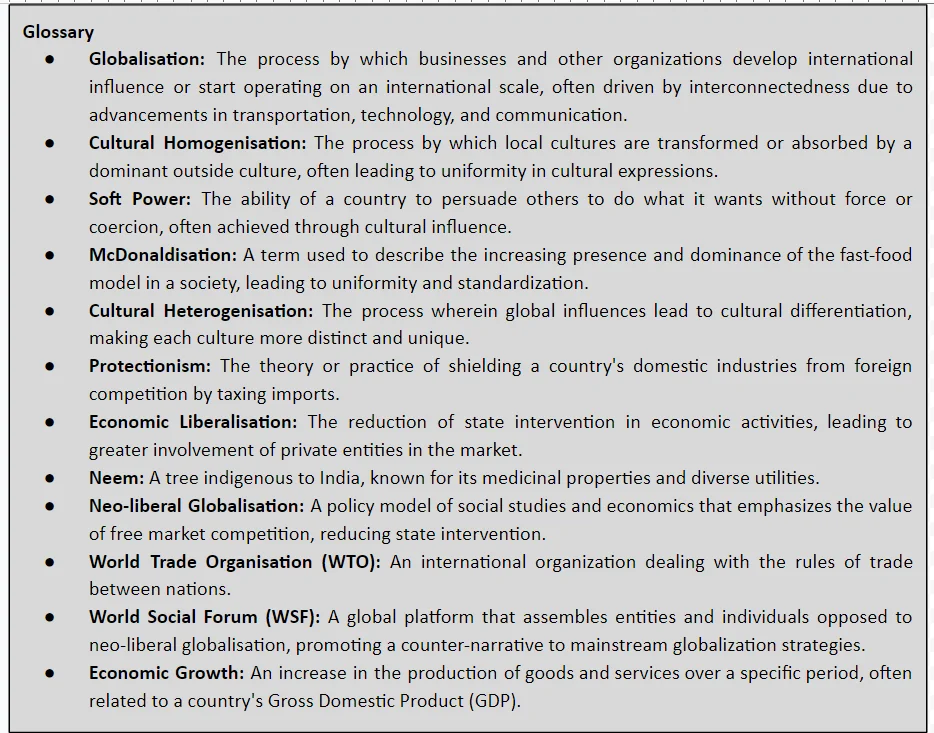![]() 23 Jul 2024
23 Jul 2024
Security concerns, crucial for well-being of a nation, often appear detached from the daily lives of regular citizens in a democracy. However, in a democratic setting, the importance of security extends to every citizen. Therefore, as participants in a democracy, individuals must gain a deeper understanding of the concept of security and become well-versed in its various dimensions. The 1994 UNDP’s Human Development Report raised concerns about human security, emphasizing that conventional interpretation of security has been overly focused on nation-states rather than well-founded worries of ordinary people seeking security in their everyday existence.
Security implies freedom from threats. It only has to do with incredibly grave threats that could jeopardize fundamental principles, principles that would be irreparably destroyed if nothing were done to address the situation.
In traditional security, there is a recognition that cooperation in limiting violence is possible. These limits relate both to ends and means of war. The most important of these are disarmament, arms control, and confidence building.
| Must Read | |
| Current Affairs | Editorial Analysis |
| Upsc Notes | Upsc Blogs |
| NCERT Notes | Free Main Answer Writing |
In conclusion, the evolving concept of security highlights its diverse dimensions in a globalized world. While traditional views emphasize military threats and state-centric protection, non-traditional perspectives like human and global security broaden the scope to include individuals, communities, and global challenges like climate change and pandemics. Achieving security today necessitates international cooperation and a reevaluation of strategies to address both traditional and emerging threats effectively, ensuring collective well-being in an interconnected world.

| Related Articles | |
| Democracy Report 2024 | Second World War and Nationalistic Response |
| European Parliament Elections | North Korea’s Biological Weapons Programme |
<div class="new-fform">
</div>